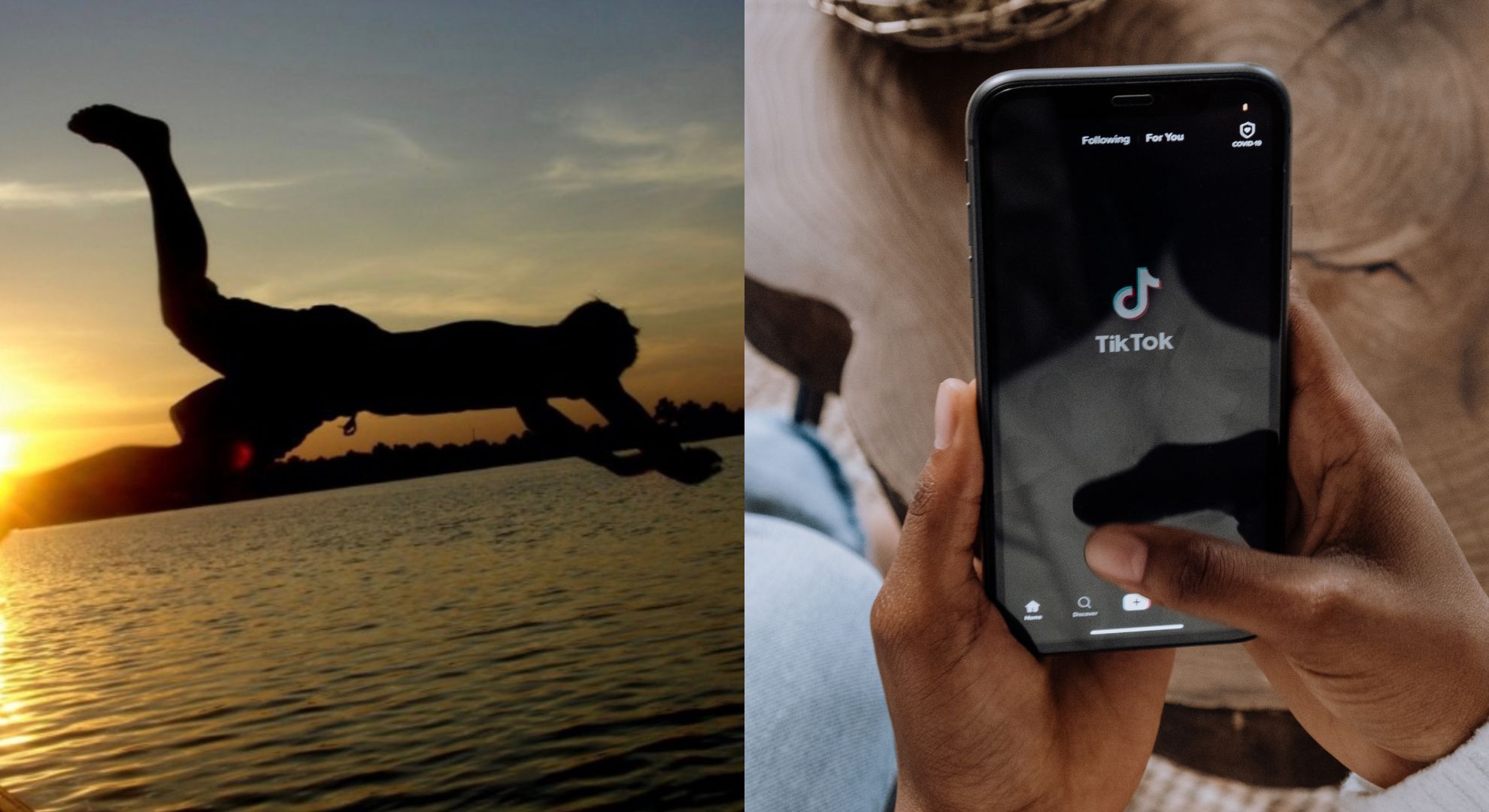A now-unavailable television segment from the Today Show aired a news story on a supposedly viral ‘boat jumping’ TikTok challenge that has been causing the death of people. Subsequently, they published an article claiming that at least four people in Alabama have already died after attempting to do the trend. With millions of global audiences, the news was quickly absorbed and followed by several other outlets.
But it turns out, it was all just fake news.
No “boat jumping” challenge is seen circulating on TikTok. There is not one that has gone viral. TikTok, the company itself, confirms that there were no hashtags or trending audios have been linked to the said challenge. Even before all the media frenzy, there were fewer than five searches per day on the “boat jumping” challenge—a record gathered on all of TikTok worldwide. People have only started getting curious about it after the news story broke out.
Alabama Law Enforcement Agency or ALEA publicly declared that the news story is wrong. There have been no records of boating incidents that can be associated with the “boat jumping” challenge or any trend on TikTok. ALEA’s statement played a crucial role in understanding this story especially because the whole thing only started on a comment made by a local Alabama resident, who for one, did not even have any clear proof of his claims. Several other articles also made use of the current news story in claiming that a 13-year-old boy died as a result of another non-existent TikTok challenge, the “Benadryl challenge.”
On Monday, July 3, a news story was shared regarding “first responders warning against a deadly boating TikTok trend after recent drownings” in Alabama. However, please be advised the information released to the news outlet was incorrect.
— Alabama Law Enforcement Agency (@ALEAprotects) July 10, 2023
Since TikTok became one of the biggest platforms in the world, dating back to 2020, hundred of supposedly viral challenges have been linked to the app. Most of which is the alleged cause of accidents. The fake viral trend cycle has been going on for years and it often preys on parents’ fears. Just take the “Momo challenge,” in 2019 as an example.
From an app that helped all of us cope with the pandemic, it is worrisome to think that TikTok, and many other platforms as well, are starting to become home to manipulated videos, photos, and news stories. The burden of the bigger challenge now, which is verifying information first, now falls on the shoulders of journalists and the general public. The public must remain vigilant and cautious about the things they see, hear, and share online and offline, and journalists must exercise the virtues of their profession to bring the truth out at all times.
Other POP! stories that you might like:
An Australian grocery store is now selling ‘tearless onions’
Canadian teen vandalizes UNESCO World Heritage temple in Japan
‘Call Her Daddy’ podcast brings in Zayn Malik for his first interview in 6 years
Super Junior’s Donghae, Eunhyuk, and Kyuhun to leave SM Entertainment
BTS’ Jungkook’s latest single, ‘SEVEN’, becomes source material for ARMYs’ playful memes.




